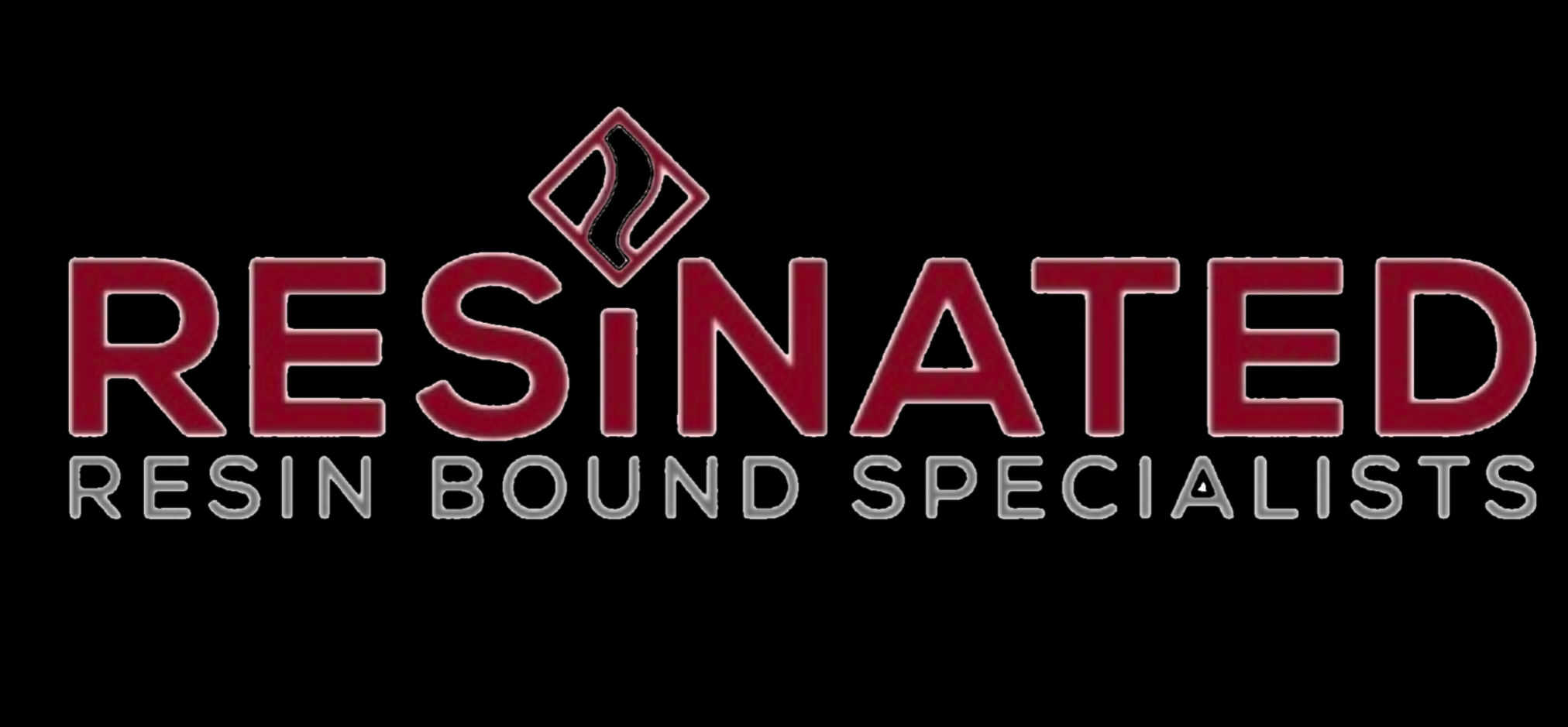
Resin's Accessibility for individuals with Disabilities
- Resinated

- Mar 14, 2025
- 4 min read
Resin-bound surfaces are a type of paving material that combines natural aggregates (such as gravel or stones) with a resin binder to create a smooth, durable, and visually appealing surface. These surfaces have gained popularity in both residential and public areas due to their versatility and aesthetic appeal, but they also offer a range of benefits for accessibility, particularly for individuals with disabilities and wheelchair users.
Here's how resin-bound surfaces enhance accessibility:
Smooth, Even Surface
One of the primary benefits of resin-bound surfaces is their smooth and even texture. Traditional paving materials like loose gravel, cobblestones, or tarmac can be uneven, leading to difficulties for wheelchair users or people with mobility impairments. A resin-bound surface eliminates these challenges by providing a flat, uniform finish that allows for easy, uninterrupted movement.
For Wheelchair Users.
Wheelchair users benefit greatly from this smoothness, as it reduces the resistance that comes from navigating rough or uneven terrain. The lack of bumps, cracks, or gaps makes it easier to push a wheelchair or roll over the surface.
For People with Visual Impairments
A smooth surface also ensures that there are no unexpected obstacles or trip hazards, which is crucial for those with visual impairments who rely on tactile feedback.
Non-slip Properties
Resin-bound surfaces are known for their excellent non-slip properties, which are crucial for accessibility, especially in outdoor or public spaces where weather conditions can change frequently.
In Wet Conditions
Resin-bound surfaces retain their grip even when wet, reducing the risk of slips and falls. This is especially important for individuals with limited mobility or those who rely on walking aids like crutches, canes, or walkers.
For Wheelchair Users
A non-slip surface ensures that wheelchair wheels maintain traction, which is particularly important when navigating slopes or inclines.
In Winter Weather
Resin-bound surfaces are less likely to ice over compared to other materials like tarmac or paving stones, making them safer to navigate in colder months.
Customizable Texture and Design
Resin-bound surfaces can be customized in terms of texture and color, which allows for the creation of surfaces that are both aesthetically pleasing and functional. This customization can improve accessibility in several ways:
Contrast and Visibility
The color of resin-bound surfaces can be chosen to provide contrast with surrounding areas, helping individuals with visual impairments to navigate more easily. For example, bright or bold colors can be used to mark pathways, ramps, or entrances, helping them stand out for those with low vision or those who rely on visual cues.
Guiding Paths for the Visually Impaired
Tactile paving or directional surfaces can be integrated into the resin-bound material, creating paths that help visually impaired individuals navigate spaces with greater confidence.
Durability and Low Maintenance
Resin-bound surfaces are highly durable and require minimal maintenance. This is particularly advantageous in public spaces where high traffic and weather conditions can deteriorate traditional surfaces. Resin-bound surfaces are resistant to cracking and deterioration, ensuring that the area remains safe and accessible for users over time.
For Wheelchair Users
The durability of resin-bound surfaces ensures that they do not develop cracks, potholes, or other imperfections that could impede movement or pose a hazard.
Minimal Maintenance
The low-maintenance nature of resin-bound surfaces means that there is less disruption to the accessibility of the space. There’s less likelihood of wear and tear that could create obstacles for people with disabilities.
Smooth Integration with Other Accessible Features
Resin-bound surfaces integrate well with other accessibility features, such as ramps, doorways, tactile paving, and kerbs. The material can be seamlessly applied to areas around these features, ensuring that the transition between different types of surfaces is smooth and consistent.
Seamless Ramps
When installed on wheelchair ramps, resin-bound surfaces provide a smooth and consistent gradient, ensuring that wheelchair users can ascend or descend with ease.
Continuous Pathways
Resin-bound materials can be used to create continuous, unobstructed pathways between different areas of a site, making it easier for wheelchair users or individuals with other mobility devices to move from one location to another without encountering barriers.
Environmental and Sensory Benefits
Beyond the functional advantages, resin-bound surfaces can also provide environmental and sensory benefits that enhance accessibility.
Reduced Noise
Resin-bound surfaces absorb sound better than other paving materials, creating quieter environments. This can be beneficial for people with sensory sensitivities or those who are more vulnerable to loud noises, including individuals with autism.
Thermal Comfort
The smooth, non-porous surface of resin-bound paving prevents heat buildup during hot weather, reducing the risk of surfaces becoming too hot to touch or uncomfortable to cross for individuals with sensitive skin or conditions like multiple sclerosis (MS).
Wheelchair Comfort
The uniformity of the resin-bound surface ensures that wheelchair wheels glide smoothly, requiring less effort to push. This can reduce the strain on the user, making it more comfortable for them to move around.
Environmental Drainage
Resin-bound surfaces are often permeable, meaning that water can pass through them and be absorbed into the ground rather than running off into drainage systems. This permeability provides environmental benefits, such as reducing the risk of flooding and helping to maintain a cleaner, more sustainable environment. For individuals with mobility issues, this can also mean less standing water, which may present a hazard, particularly in rainy conditions.
Conclusion
In summary, resin-bound surfaces offer numerous advantages that directly improve accessibility for people with disabilities and wheelchair users. Their smoothness, durability, non-slip properties, and potential for customization make them an ideal choice for creating safe, comfortable, and inclusive environments. Whether in residential, commercial, or public spaces, resin-bound paving provides a practical, aesthetic, and environmentally conscious solution to enhancing accessibility.







Comments